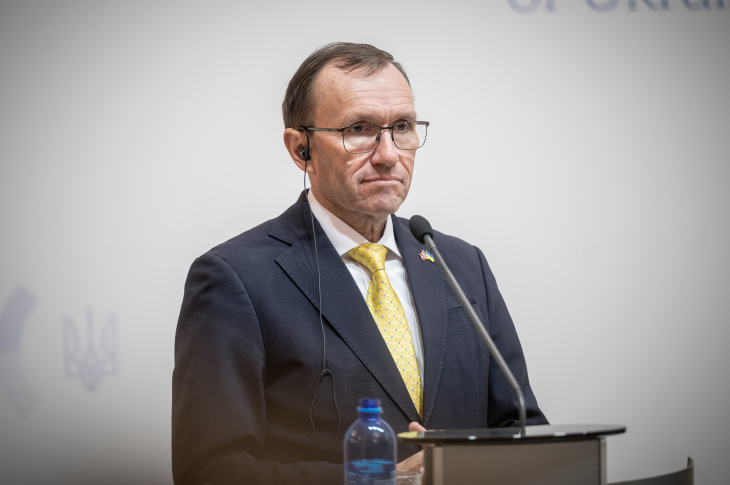The author of the article is Vladyslav Antypov, Associate Expert at UIF, owner and CEO of the Center for Ecology and New Technology Development (CEND).
When it comes to European integration, words like "values," "human rights," and "reforms" are often mentioned. But one word, in my opinion, should be much louder: "ecology." It is through our ecological policy that we can show Europe that Ukraine is not only an unbreakable country fighting for its independence but also a progressive state ready to build a shared future.
However, to integrate into Europe, we need to do more than just deliver speeches or paint beautiful projects. We need to "sell" the idea of Ukrainian ecology to Europeans. And I’m not talking about tricks or empty promises (yes, the headline of this column is just clickbait), but about an honest deal. Because Europeans do not buy words, but actions. This column is an attempt to combine a pragmatic approach with the values of sustainable green development.
Why is ecology important for the EU?
For the European Union, ecology is not just a formal checkmark in the program. It is part of their identity. Climate change, renewable energy, CO₂ emissions reduction—these are not abstract terms but the foundation of their policy, economy, and even way of life. Europeans are ready to invest billions of euros in it because they understand: without sustainable development, there will be no future.
And here is where Ukraine has a huge opportunity. After the war, we need massive reconstruction. And if we can "sell" our readiness to build a truly new, environmentally friendly country, Europe is ready to become our partner. But the key word here is readiness.
Changing the mindset in Ukraine
We often perceive ecology as something secondary. We say, "Now we have war, then reconstruction, and later we’ll figure things out." But the problem is that "old Europe" doesn’t work that way. It will never allocate funds to restore old Soviet industrial monsters or build factories without environmental standards. The EU wants to invest in green metallurgy, energy-efficient buildings, and environmental restoration.
This means that we need to change our thinking—both in business and society. We need to think not just about quick profits, but about long-term sustainable development.
What does it mean to "sell" ecology?
To "sell" ecology means keeping promises. It’s not about deception or eye-washing. It’s about showing that we are ready to change, ready for reforms, and ready to work by European standards.
Here are a few concrete steps we need to take:
- Environmental education. Change the perception of ecology in society. Children in schools must learn about waste sorting, climate change, and renewable energy.
- Innovative solutions. Invest in new technologies that reduce emissions and minimize environmental impact.
- Transparency and accountability. All ecological projects must be open, so that not a single eurocent provided by the EU goes to corruption.
- Cooperation between business and the state. Business must become a partner in implementing ecological reforms, not an opponent looking for ways to bypass laws.
We need to "sell" actions, not promises.
Ukraine is already receiving help from the EU. But to attract more resources for reconstruction, we need to become a country perceived as a reliable partner. A green economy can become a driver of our development, and an honest deal with Europe—our ticket to a sustainable future.
So when someone next says that "ecology is not the time," remember—without ecology, we won’t be able to build either a modern economy or become part of the European family. Europeans need to "sell" ecology. But sell actions, not promises. And then this "contract" will be mutually beneficial for both sides.





















